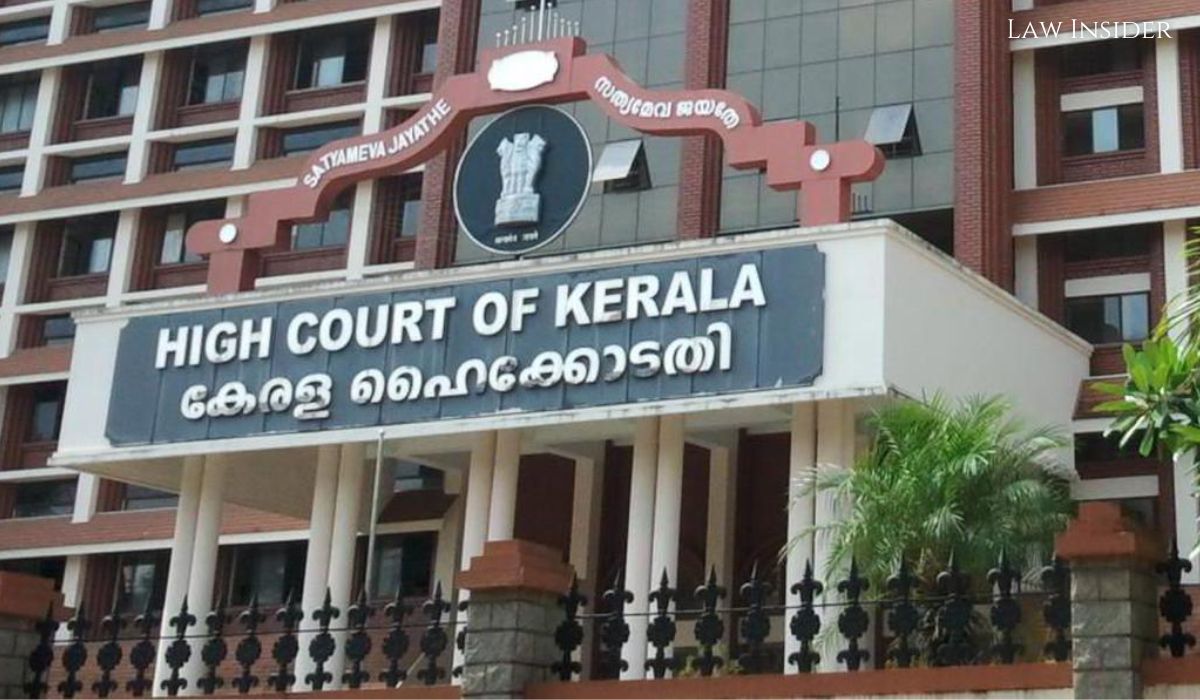Prerna Chetan Gala
Published on: 02 September, 2022 at 20:39 IST
In a petition, filed recently before the Kerala High Court, it has been held that the relationship between the parties must be strong enough to apprehend a reasonable likelihood of bias in a selection process .
The Division Bench, comprising of Justices PB Suresh Kumar and CS Sudha, ruled that a mere relationship between the candidate selected and a member of the Selection Committee does not fulfil the quantum of assumption needed to assume bias.
Further, it was added that furnishing of Facebook photos and the fact that the 8th respondent is the HoD of the Department in which the 9th respondent was working as a Guest Lecturer, also would not automatically lead to the conclusion that there was personal friendship between the two.
The appeal was filed against the judgement given by the single judge bench, which did not order the respondents to award the petitioner with fair marks and appoint her to the post.
The instant writ petition was filed against the judgement dated December 18, 2020, by the unsuccessful candidate (the petitioner).
In that appeal, the petitioner contended that she was intentionally awarded low marks in an interview in which she had secured 85 marks out of 100 for her academic record, research performance, and teaching experience. Furthermore, despite receiving 75 points out of 100 for the aforementioned components, respondent no. 9 was appointed to the position instead of her.
Since the 8th and 9th respondents herein shared a close relationship, it was contended by the petitioners’ side that the said appointment was vitiated by bias and favouritism.
Hence, the writ petition was filed seeking the court to declare the appointment of respondent no. 9 illegal, unconstitutional, and non-est in the eyes of the law and also to award fair marks to the petitioner in the interview. She also seeks that the court direct suitable order for her appointment to the said post.
On the other hand, it was submitted by the respondent counsel that the said 8th respondent was a mandatory member of the Selection Committee appointed as per the terms of the UGC Regulations dealing with the composition of the said Committee. As he is the HoD of the Department, he can’t be removed as a member.
Additionally, the quorum has been fixed on behalf of the management, ensuring a minimum of 5 members to constitute a Selection Committee.
After hearing arguments from both sides, the single bench judge has found that the appointment of respondent no. 9 was vitiated by bias, as contended by the petitioner. However, the preferential right to seek appointment was not granted to the petitioner by the court.
On the other hand, liberty to advertise the post afresh was granted to the respondents, and they were also not prevented from creating another post for the petitioner if eligible.
The Court reasoned that it was essential to determine whether there was actual bias and nepotism in the instant case or not. The perusal of facts pointed out that Clause 4(2) of the Kerala University First Statute, 1977 would come into play only if a member of the Committee is ‘related to or interested’ in any of the candidates, and only then would the said person have to recuse himself.
Furthermore, the court was unable to find fault with the letter written by the Archbishop of Trivandrum since the person it was addressed to was not even part of the said committee. Furthermore, it was also found that marks for the interview were awarded by the subject experts and not the other members of the Selection Committee.
Keeping the authorities cited and precedent in view, the appellate Court stated that there was evidence to satisfy the “real likelihood of bias.”
Hence, the appeals filed by the petitioner-appellant was dismissed while allowing the appeals preferred by the 9th respondent and by the other respondent authorities for having found the appointment of the 9th respondent as vitiated in law. The impugned judgement of the single judge was also set aside.

